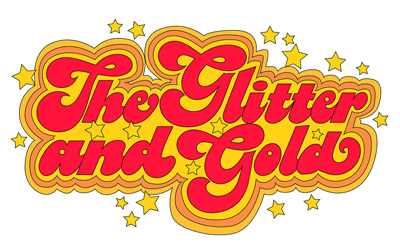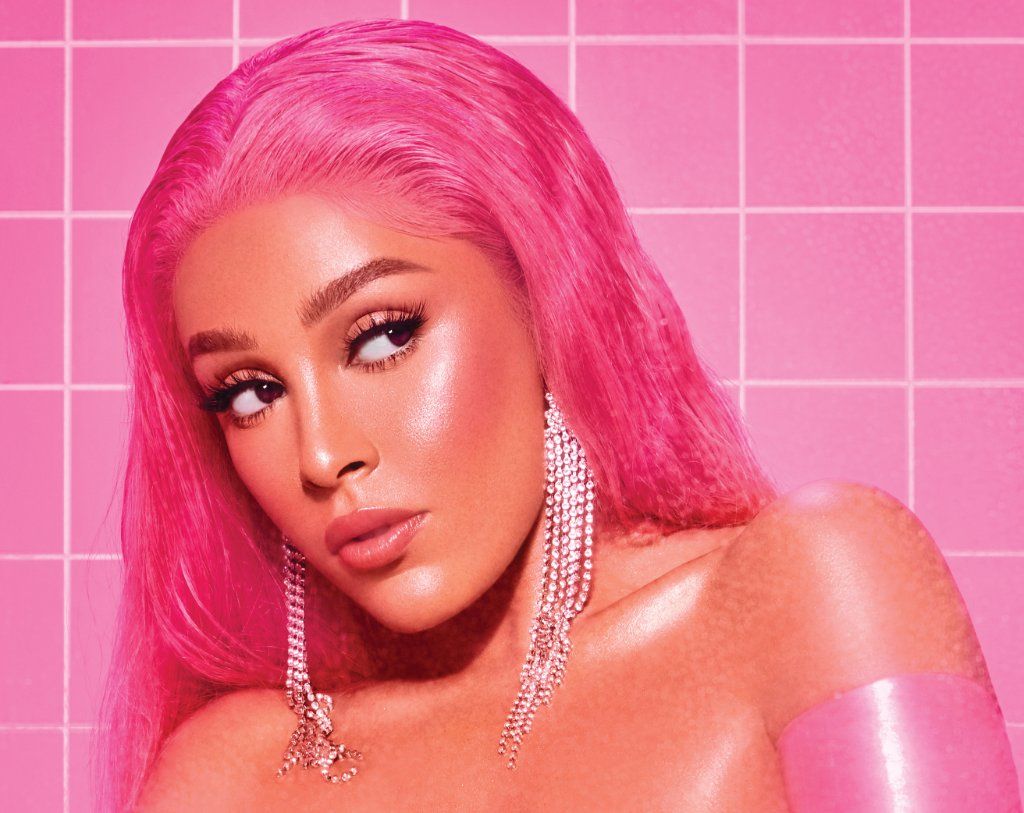Kanye West is a complex character. One of the most perplexing elements of his personality is rarely talked about. His femininity.
The soft masculinity of Kanye West
The what is confusing, the why is easily explained. Kanye West was raised by his single mother Donda West. From his birth to her death in 2007, Kanye and Donda spent the majority of their time together. It is a closeness he acknowledges on ‘Hey Mama‘ from his breakthrough album Late Registration.
“Hey Mama,” Kanye sings, “I wanna scream so loud for you, ’cause I’m so proud of you. I appreciate what you allowed for me. I just want you to be proud of me.”

Kanye West built his image around his mother
In the 1960s, sociologist Thomas Pettigrew made a revealing study into relationships between mothers and sons in Black American homes. Pettigrew found children from fatherless homes only established masculine self-image late in their teen years. These children’s original concept of self was instead based on the only parental image they had. Their mothers.
Interviewing hundreds of Black American men from fatherless homes, Pettigrew found they were more likely than others to agree with statements challenging gender norms. When given statements such as, “I would like to be a singer” and “I feel much more intensely than other people” they regularly confirmed them.
Here we find a template for Kanye West. He records intense and emotional albums such as 808s and Heartbreak. His mission is to be a pop idol. What is more, West loves to shop. He wears clothes that embrace pink and purple colors. He runs a fashion empire. When it comes to gay men in pop culture, he has condemned hip hop’s, and at times his own, homophobia.

West’s femininity makes many uncomfortable
At times, Kanye West walks and talks in a manner halfway between a man and a woman. Which is something popular culture has never known how to handle. Take for example animated comedy South Park‘s controversial 2009 “Gay Fish” episode. Here showrunners Trey Parker and Matt Stone asserted Kanye West was a closeted homosexual.
In his study, Pettigrew notes a dominant motherly presence in early life can often lead to sexual identity crises in teen years. Children frequently seek to cover up their femininity with aggressive masculine personas. Compare West to other American pop stars raised by single mothers. One example is DaBaby. His real name is Jonathan Lyndale Kirk. Like Kanye, he was raised by his mother. Look no further rot his hulking muscular frame and recent homophobic statements for the suggestion he is trying to overcompensate.
This is a stark contrast to Kanye West. Who, despite his flaws, is comfortable in his own skin. And, what is more, proud to have been raised by a single woman.

Kanye West is an expression of modern man
West is not alone in his femininity. Many of today’s men are closer to West than swaggering hip hop stars or other macho pop culture archetypes. Before him, men of the early Y2K era were defined by the title of the “metrosexual.” The rise of K-pop has given us a new term for the man who strays away from fatherly or rigid He-man archetypes. The Soft Man.
Those who rise to the highest level of fame often owe their success to more than genius and hard work. They express something about their times. This is not always obvious at first. With traditional gender roles and expectations shifting, women are taking on broader roles in the world and the childhoods of young men. Who, in turn, embrace the feminine within their lives.
In this sense, West is an expression of a certain type of modern man. Kanye has traditional masculine elements. He is a doer, a builder, a go-getter, a father, and a passionate lover of women. Kanye also has powerful emotions. Then kind he is not afraid to express himself. He loves beauty and places emphasis on caring for his own appearance.

Masculinity is changing
“Turn to face the strange,” David Bowie sung in 1971 single ‘Changes.’ He too projected a mixture of feminine and masculine energy. Yet Kanye West is unlike David Bowie’s Ziggy Stardust or even Prince. Nonetheless, many in society are uneasy. The emotional man is still one we do not know how to easily accept.
People are afraid of change. We use comedy to diffuse the tension. Many in our culture joke about Kanye West. They label him “crazy.” Or as an erratic victim of fame and his bipolar disorder. It can be argued that, along with the 1990s character Homer Simpson, the comical caricatures the public makes of him are a way of dealing with dramatic changes in masculinity. One people are aware of but unwilling to accept.

Final thoughts on Kanye West
Society does not treat the soft man in the same prejudicial sense as the Queer man or the masculine woman. Nonetheless, he is an alien and a bringer of uncertainty. Even a threat.
In this regard the cultural presence of Kanye West is significant. He gives permission for others like him to be themselves. Whether this is expressing the value of their mothers, not suppressing their eye for fashion or pushing away from bigotry and hatred, it is a message which cannot be understated.








